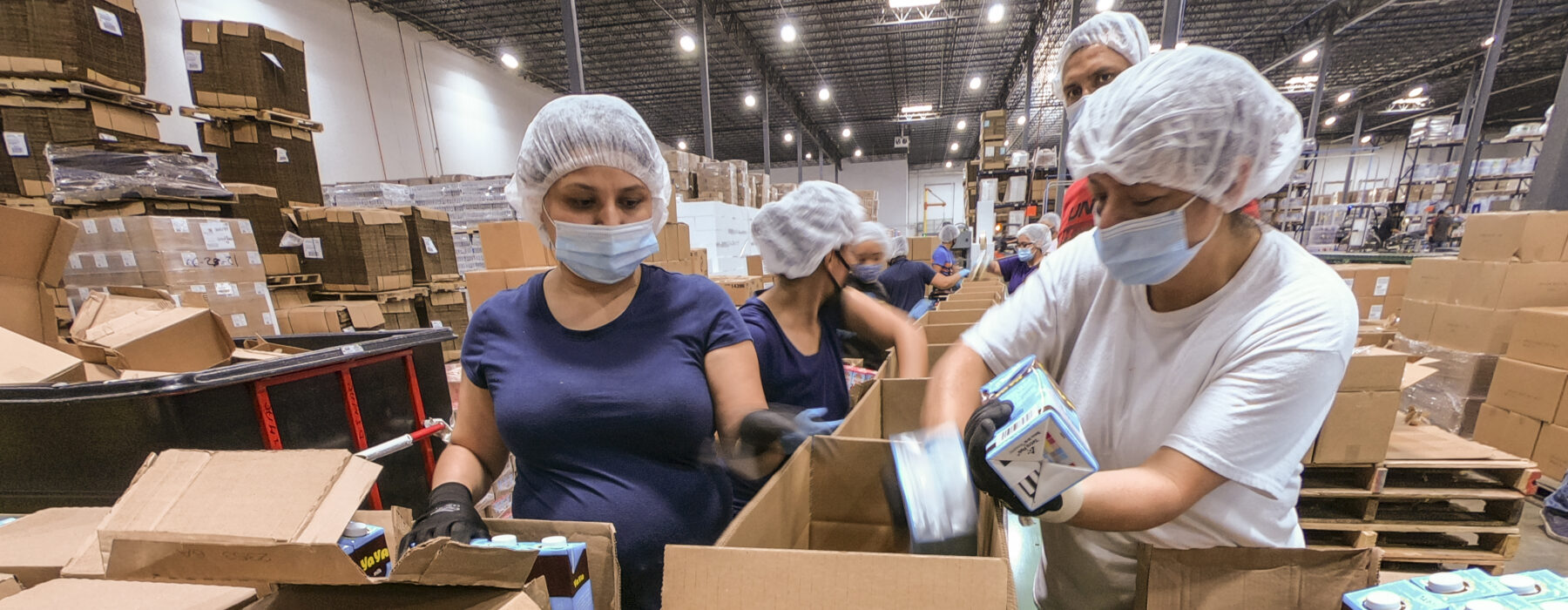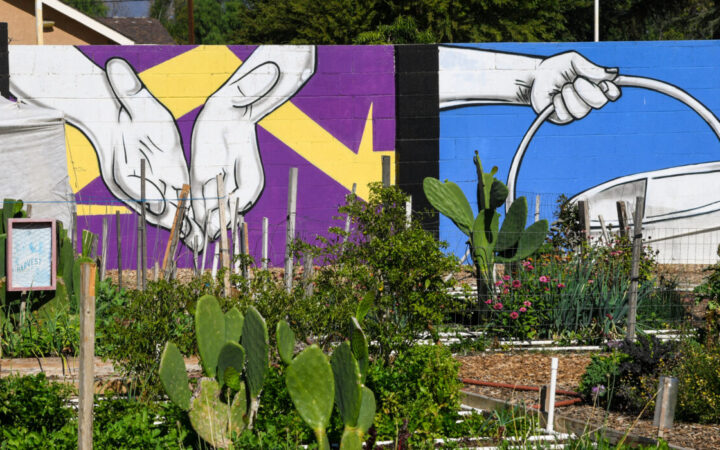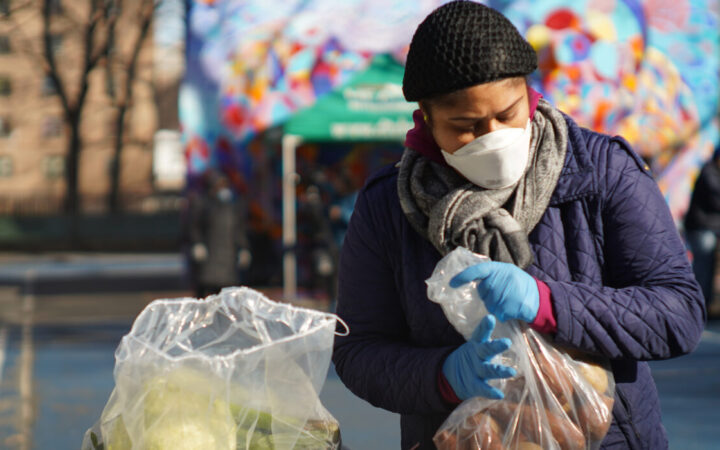This resource discusses food access challenges created by the COVID-19 pandemic and examines trends in local government policies addressed these challenges while prioritizing health and equity.
Introduction
The COVID-19 pandemic has created a public health emergency throughout much of the world, including in the United States. During the pandemic, people’s ability to access affordable, healthy food has been impacted in many ways. These obstacles include supply chain and price disruptions; challenges to safely accessing food at stores, food pantries, and other outlets; food becoming less affordable given rising unemployment rates and other circumstances; barriers to food program participation exacerbated by transportation and internet accessibility issues; and closure of schools and other venues where people typically participate in meal services. While some of these food access challenges are best addressed through federal, state, or private sector interventions, local governments—including cities, towns, and counties—are often uniquely positioned to understand food access needs in their communities and can use a variety of policy tools to address them.
Throughout the first several months of the pandemic, the Healthy Food Policy Project (the Project) team gathered numerous examples of formal local government policies that have been passed or ordered during this period to accelerate, prioritize, or facilitate food access through efforts that exceed ordinary, non-emergency policies. We have catalogued many such policies in the Project’s COVID-19 Food Access Municipal Policy Index. In doing so, we have especially focused on elevating examples that prioritize health and equity considerations. This resource is a companion to that index and summarizes some of the types of laws we found through our research through the fall of 2020.
While the Project team has taken extensive measures to search for food access policies enacted and ordered throughout municipalities across the country, given certain search limitations, we cannot be certain to have identified all relevant formal municipal policies. Therefore, this resource and the index are not necessarily comprehensive in coverage. This resource provides an overview of the types of policies we are seeing but does not call out every policy from every jurisdiction. Furthermore, the index only includes policies that specifically relate to food access, so it does not include policies supporting housing security, minimum wage laws, transportation, or food worker protections. However, policies that relate to those areas are included if food access is explicitly mentioned. Additionally, we have not considered school district policies and other special board policies because they are harder to locate and verify, and have always been excluded from the scope of the Healthy Food Policy Project work.
Suggested Citation
Municipal Policies to Support Food Access During Emergencies, Healthy Food Pol’y Project, https://healthyfoodpolicyproject.org/wp-content/uploads/Municipal-Policies-to-Support-Food-Access-During-Emergencies.pdf (last visited May 29, 2024).



